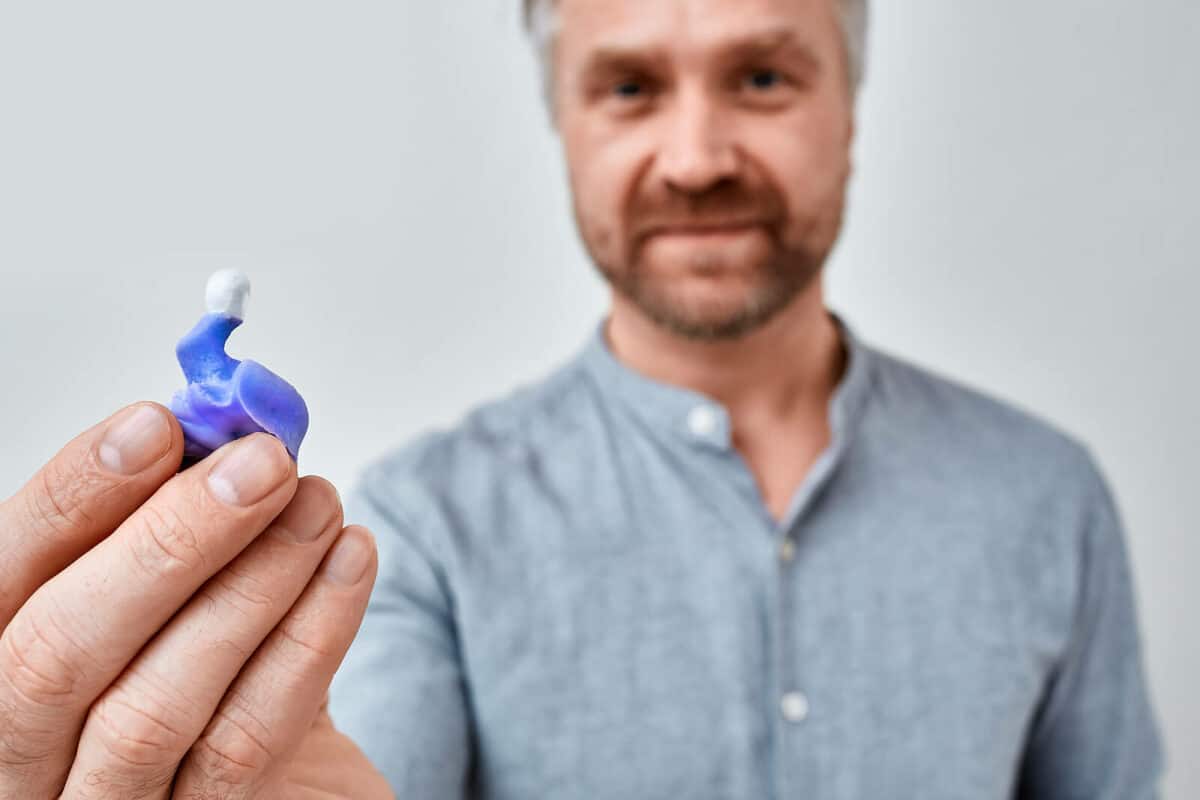Hearing is one of our most precious senses, connecting us to the world’s sounds, stories, and emotions. Yet, the importance of hearing health often goes unnoticed until a problem arises. As hearing care professionals, we’ve witnessed the profound impact that forming healthy hearing habits early can have on one’s hearing health. In this article, we will explore the latest advancements in hearing loss prevention, diagnosis, and management, incorporating recent research and the potential futuristic interventions that await us. The emphasis, however, will always remain on the critical importance of early detection and proactive hearing care.
The Growing Concern of Hearing Loss
Hearing loss is a pervasive and often underestimated health issue. According to the World Health Organization, over 5% of the world’s population suffers from disabling hearing loss. While the causes of hearing loss are varied, the need for preventive measures is ever more pressing. Recent research has highlighted the link between hearing loss and cognitive decline, social isolation, and diminished overall well-being, reinforcing the urgency of early intervention.
The Role of Healthy Hearing Habits
Forming healthy hearing habits is paramount to preserving one’s hearing health. These habits encompass a wide array of behaviors and choices that can significantly impact the long-term state of your auditory system. Here are some essential practices for nurturing healthy hearing:
Protect Your Ears:
Exposure to loud noises is a leading cause of hearing loss. Limit your exposure to loud environments, and when necessary, use ear protection such as earplugs or earmuffs to safeguard your hearing.
Mind the Volume:
When using personal audio devices, keep the volume at a moderate level. Prolonged exposure to loud music or other loud sounds through headphones can damage your hearing over time.
Take Hearing Breaks:
Give your ears a rest by taking short breaks in noisy environments, allowing your auditory system to recover.
Regular Hearing Check-ups:
Just as you would for other aspects of your health, get regular hearing check-ups. Early detection of hearing issues can enable timely intervention and better management of hearing loss.
Reduce Earwax Buildup:
Excess earwax can block sound from reaching your inner ear. Avoid using cotton swabs, and if you have concerns about earwax buildup, consult a hearing professional.
Advancements in Hearing Loss Prevention
Recent advancements have led to improved hearing loss prevention strategies. Among the most notable is the development of hearing protection technology. Noise-canceling headphones, for example, offer superior sound quality while protecting your ears from harmful noise levels. Additionally, smartphone apps now exist that can measure the decibel level of your surroundings, helping you make informed decisions about noise exposure.
Furthermore, the incorporation of hearing conservation programs in schools and workplaces has raised awareness about hearing health. Education about the risks of noise exposure and the importance of protecting one’s hearing is a promising avenue for prevention.
The Role of Early Detection
Early detection of hearing loss is vital in ensuring that individuals receive appropriate care and support. The sooner a hearing issue is identified, the better the chances of effectively managing it. Routine hearing assessments, even for those without obvious hearing problems, can unveil issues that might otherwise remain undetected.
In children, early detection is crucial as hearing problems can significantly impact their language development, social skills, and educational achievements. Universal newborn hearing screening programs have improved early detection rates and led to timely intervention for infants with hearing issues.
Futuristic Interventions
As technology continues to advance, we can expect to see more innovative interventions for hearing loss. Some promising developments include:
Cochlear Implants:
Cochlear implants have come a long way, with smaller, more advanced devices that can restore hearing to individuals with severe hearing loss.
Gene Therapy:
Research into genetic causes of hearing loss may one day lead to gene therapies that can prevent or treat certain types of hearing loss.
Advanced Hearing Aids:
Hearing aid technology is rapidly evolving. Future hearing aids may incorporate artificial intelligence, adaptive noise reduction, and improved speech recognition capabilities.
Pharmacological Treatments:
Research into drugs that can protect and repair the delicate structures of the inner ear is ongoing, offering hope for new treatments.
Nurturing healthy hearing habits from an early age is an investment in your future well-being. Recent advancements in hearing loss prevention, diagnosis, and management offer hope for those already experiencing hearing issues. Early detection remains the cornerstone of effective hearing health care, allowing individuals to take proactive steps toward preserving their hearing. As hearing care professionals, my message is clear: let us all be proactive stewards of our hearing health, and let us work together to create a world where hearing loss is a preventable, manageable, and reversible condition. The sounds of life are too precious to be taken for granted; it’s time to listen and protect them.


